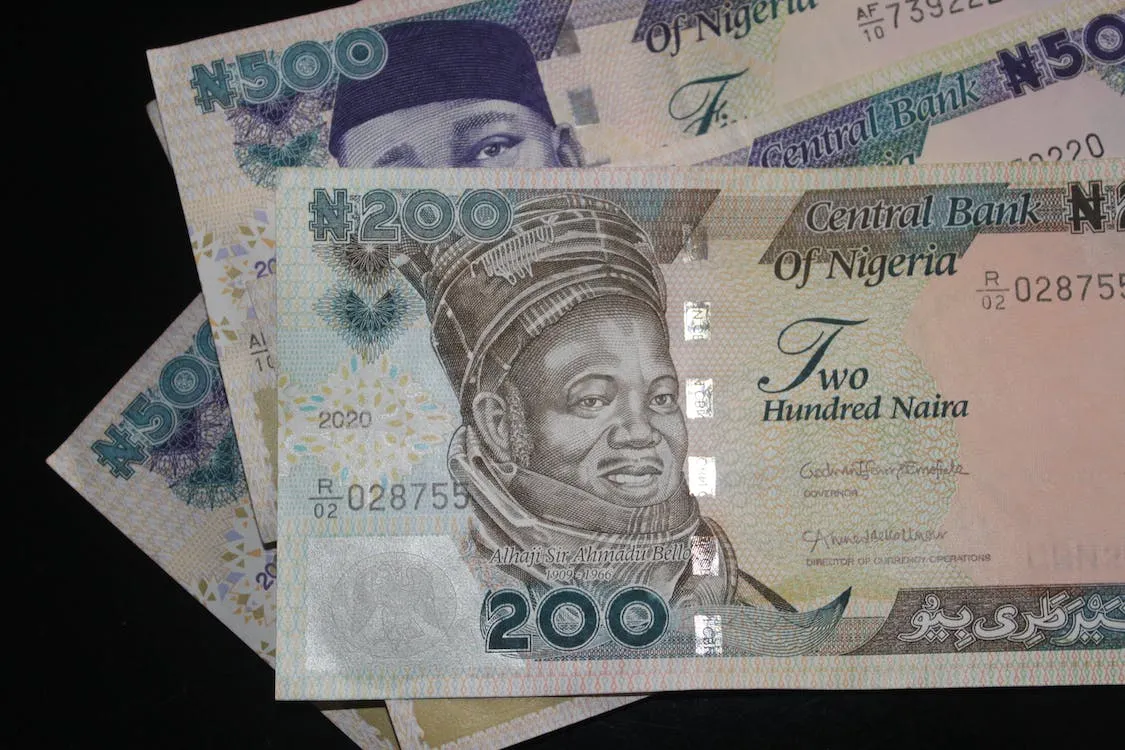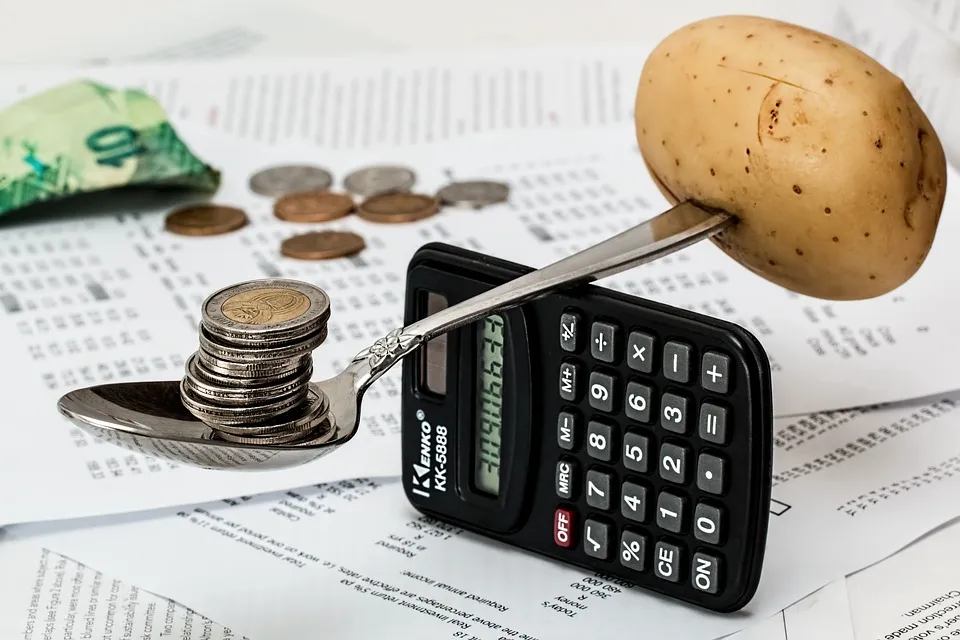
Source: Pexels
It is no secret that Nigeria is going through an economic crisis. The country has been in a recession for the past few years, and things are not looking much better for the future. One of the main problems that Nigeria is facing is inflation.
Inflation is when there is an overall increase in prices. This means that the same amount of money will now buy less than it did before. For example, if the price of bread was N100 last year and it is N120 this year, this means that there has been an inflation rate of 20%.
Nigeria’s inflation rate has been on the rise for the past few years. In 2017, the inflation rate was 11.37%. In 2018, it rose to 12.48%. And as of 2019, the inflation rate had risen to a staggering 16.87%. In 2022, the annual inflation rate in Nigeria accelerated for the eighth straight month to 20.77% in September from 20.52% in the prior month.
The main reason for this inflation is due to the fact that the cost of living in Nigeria has increased while wages have remained stagnant. This means that people are not able to keep up with the rising prices and are forced to cut back on spending. So what does this mean for Nigeria in 2022? If the trend continues, it is estimated that the inflation rate will reach 20%. This would be

Source: Pexels
How does inflation affect Nigeria?
Inflation in Nigeria is a pressing concern for many people. The high inflation rate has caused the prices of goods and services to increase, which affects the purchasing power of consumers. In addition, inflation can lead to higher interest rates and reduce investment in the economy.
There are several ways that inflation can impact people negatively. For instance, it can reduce purchasing power, as people will have less money to buy things with when prices go up. Additionally, it can lead to higher interest rates on loans, making it more expensive to borrow money. Finally, inflation can also hurt investments, as investors may be reluctant to put their money into an economy that is experiencing high rates of inflation.
Overall, inflation can have a number of negative consequences for Nigeria. It is important for the government to take steps to address this issue and try to bring down the rate of inflation.
The causes of inflation in Nigeria
Inflation in Nigeria is caused by a number of factors. Firstly, the country's economic growth has not been able to keep up with the population growth. This has led to an increase in the demand for goods and services, which has put pressure on prices. Secondly, the Nigerian government has been running large budget deficits in recent years, which have been financed by printing more money. This has caused the money supply to grow faster than the economy, leading to inflation.
Also, the geopolitical situation in Nigeria is unstable, which has led to an increase in the price of oil, Nigeria's main export. This has put upward pressure on prices across the economy.
Another major cause of inflation in Nigeria is the government's fiscal policy. The government has been spending more money than it earns through taxes and other revenues. This excess spending has led to an increase in the money supply, which has in turn driven up prices. Another factor that contributes to inflation is the high cost of imported goods. Nigeria imports a lot of its goods, and when the global price of these goods increases, it causes inflation to rise in Nigeria as well.
The effects of inflation in Nigeria

Source: Pixabay
Inflation in Nigeria has been on the rise in recent years, and this has had a number of effects on the economy and society. Inflation can erode the purchasing power of citizens, as prices for goods and services increase. This has led to higher levels of poverty and inequality, as well as social unrest. In addition, inflation has reduced investment and economic growth, as businesses have become less profitable and consumers have less disposable income. The Nigerian government has taken steps to try and control inflation, but it remains a major challenge for the country.
How to combat inflation in Nigeria
In order to combat inflation in Nigeria, the government needs to take a number of steps. First, it needs to increase its spending on infrastructure and other productive sectors. Second, it needs to reduce its fiscal deficit. Third, it needs to increase taxes on luxury goods and services. Fourth, it needs to control the money supply by increasing interest rates and using other monetary policy tools.
The government also needs to improve the business environment so that businesses can invest and expand their operations. This can be done by simplifying the tax system, improving the power supply, and providing other basic infrastructure. In addition, the government should encourage private investment in agriculture and manufacturing. These reforms will help boost economic growth and create jobs, which will help reduce inflationary pressures.
Conclusion
Inflation in Nigeria is expected to rise in 2022 due to a number of factors, including an increase in the price of crude oil, a weakening of the naira, and rising food prices. This will likely have a negative impact on the Nigerian economy, as well as on the standard of living for Nigerians. The government will need to take steps to mitigate the effects of inflation, such as by implementing fiscal and monetary policies that help to stabilize prices.
Check out my recent posts:

Written by @gamsam
All images used are copyright free

